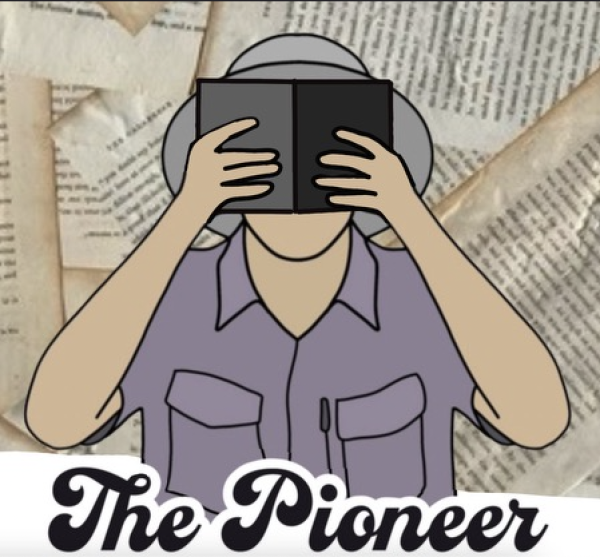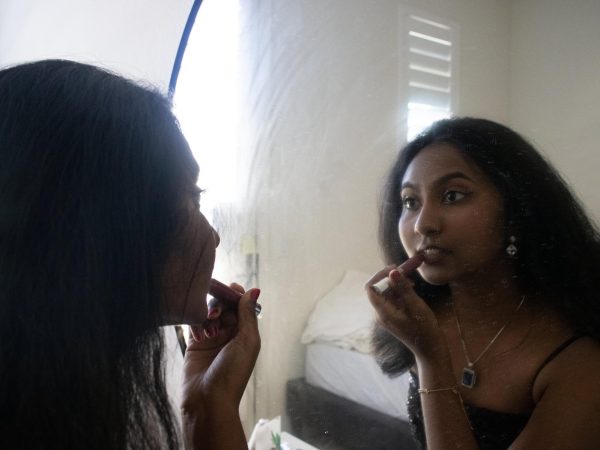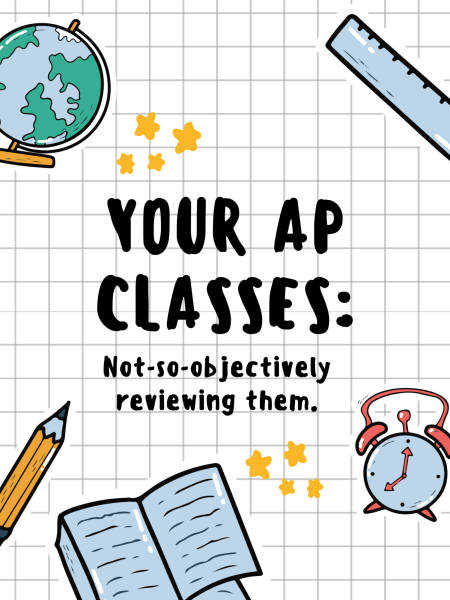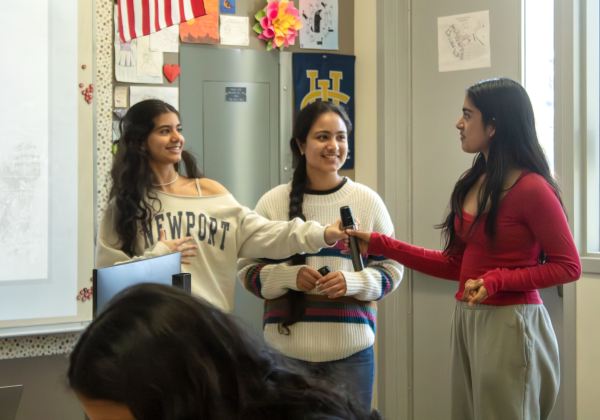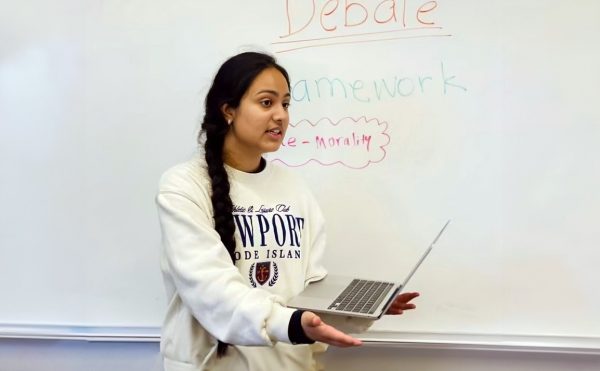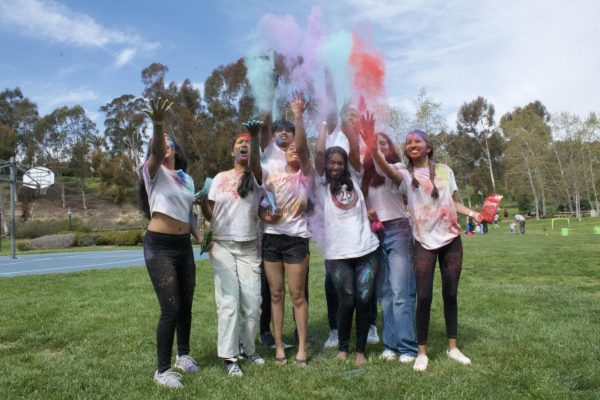Special Education Travels the World with Community Based Instruction
Windowless walls, desks 6-feet apart and a presentation projected on the whiteboard may appear like a typical classroom, but not for Room 703 if you look closer. Whether it is Nintendo World in Osaka or the Krispy Kreme shop in New York City, special education students can travel from their computer screens to anywhere in the world with just the click of a button.
Just understanding that because you can’t necessarily travel someplace, it doesn’t mean you can’t experience it. In a way, it’s kind of also a coping mechanism to teach our students that life does not cease to exist.
— Melody Resendez
Once a week, special education students participate in Community Based Instruction, which includes activities that focus on communication and interaction within the community. By doing so, students are given the opportunity to apply academic and functional concepts they have been practicing only in the classroom to hands-on events in the community.
“Prior to COVID, we used to go out into the community at least a couple times a month, and we would take a bus and go to a certain place for you to work on purchasing skills at restaurants and stores,” special education department chair Melody Resendez said. “So when a lot of things were shut down, we ended up going into a little bit of a different route.”
Now, special education teachers and behavior interventionists have implemented an educational curriculum in CBI called “News to You,” bringing major landmarks and cities to life.
Through the integration of Nearpod and YouTube videos, students learn about the cultures of different cities around the world, studying how to speak in new languages and discussing questions like, “Would you travel by train or bus?” and “How would you purchase a ticket in this city?”
“The most enjoyable part of CBI is that we can hang out with friends in a classroom. In virtual, you can do car karaoke that teachers turn on themselves and travel to the Grand Canyon,” senior Josh Ong said.
At the beginning of the year, one of the staff members bought Krispy Kreme doughnuts through the drive-thru for a CBI event, according to education specialist Desiree De Santos-Shaffer. Although the students were not technically purchasing anything, they were there watching the donuts being purchased, money being exchanged, the communication and social interaction.
Not only do these CBI events give students something to look forward to each week, but it also gives them a sense of normalcy, hope and excitement during the pandemic, according to Resendez.
“Just understanding that because you can’t necessarily travel someplace, it doesn’t mean you can’t experience it,” Resendez said. “In a way, it’s kind of also a coping mechanism to teach our students that life does not cease to exist. We can still bring the outside world into the classroom.”
Your donation will support the student journalists of Portola High School. Your contribution will allow us to purchase equipment and cover our annual website hosting costs.
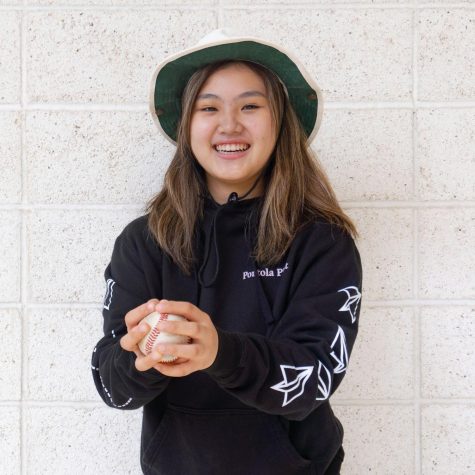
Grace Baek is the assistant Sports Editor for her second and final year on the Pilot. She is looking forward to getting to know the new staff members and...



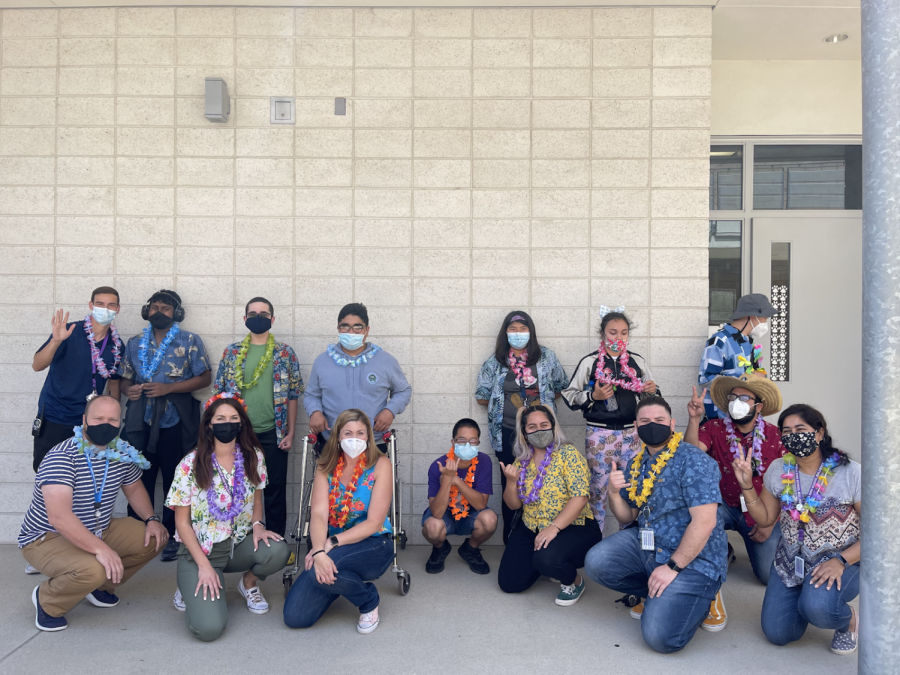
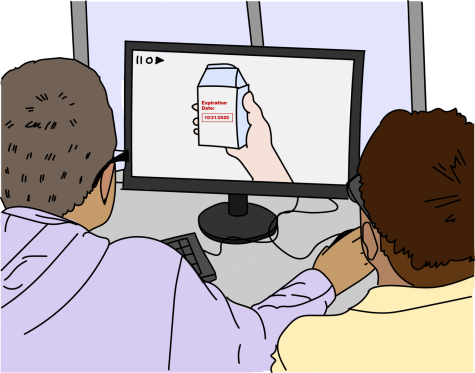
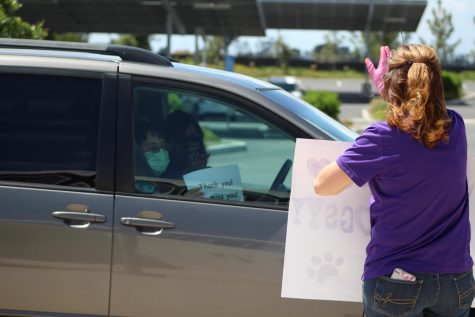
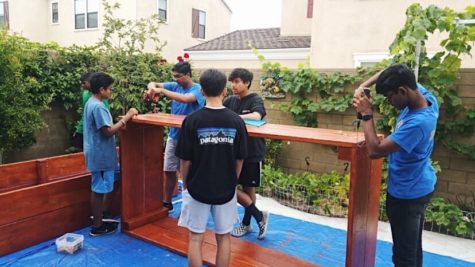
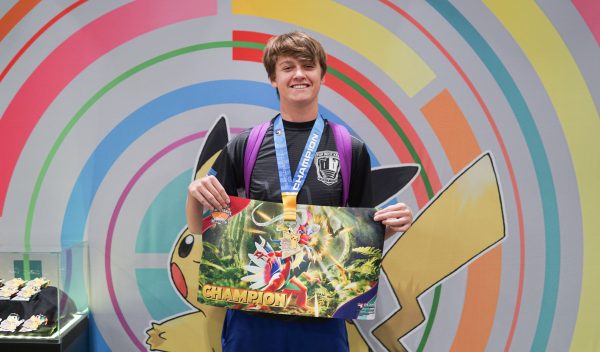
![Mares demonstrates his lettering while patrolling the campus. “[Calligraphy] wasn’t like baseball or football,” Mares said. “I just liked it. It’s kind of just one of those things that you can relax with.”](https://portolapilot.com/wp-content/uploads/2024/06/George-Caligraphy-600x450.jpg)
